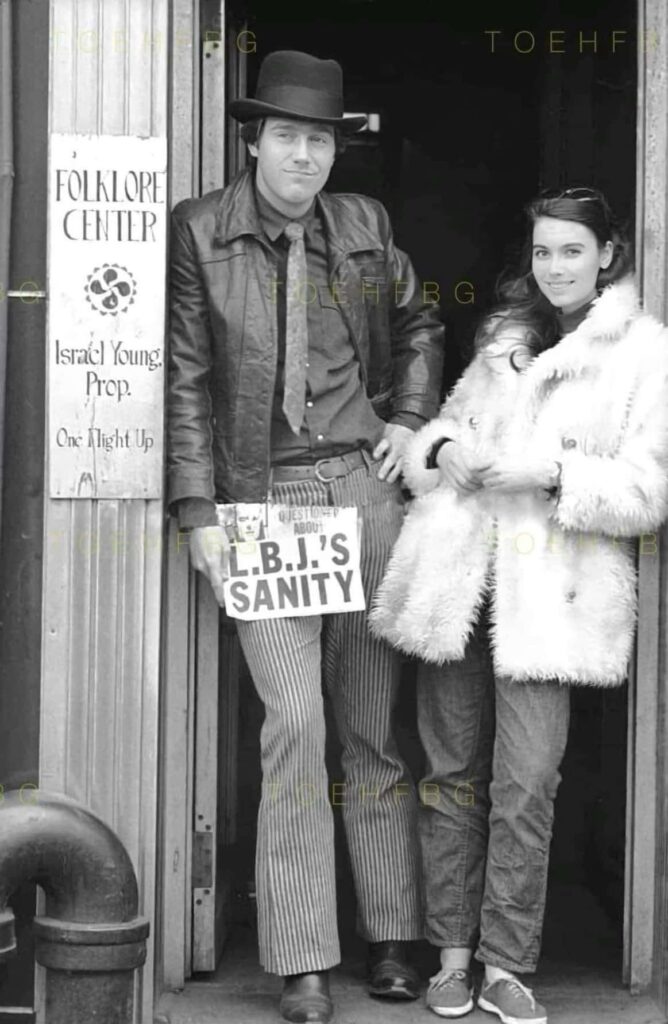
The Lone Star Poet’s Gentle Pondering: A Ballad of Transient Love and the Open Road
The very mention of Jerry Jeff Walker‘s name conjures the scent of dusty Texas roads, the clinking of glasses in a dimly lit cantina, and the easy, knowing grin of a true troubadour. While he is most famous for the anthem of the wandering soul, “Mr. Bojangles,” it is in the quieter corners of his catalog that his most delicate and poignant reflections reside. One such gem is “Little Bird,” a song that captures the tender, fleeting nature of love from the perspective of a man perpetually poised to move on.
The track first appeared on his 1968 album, Mr. Bojangles, but it gained a second life and wider appreciation when featured on his legendary 1973 album, Viva Terlingua!. Neither version was a major chart-buster in the way his other hits were—this wasn’t the kind of song destined for the top of the Billboard Hot Country Songs chart—but its enduring presence on live recordings and the affection of his core audience testify to its powerful, lasting resonance.
The story behind “Little Bird” is a perfect snapshot of the nomadic life Jerry Jeff Walker embraced in his formative years. He penned the song in the mid-1960s, a period when he was drifting across the country, busking on street corners in New Orleans and living the life of a true “Gypsy Songman.” As he recounted later, the genesis of the song came one rainy morning in Dallas. He woke up, looked out the window, and saw a bird perched on the sill. It was an instant moment of reflection, where the bird, the rainy morning, and his own image reflected in the glass sparked a deep rumination on a past love that had simply drifted apart.
This gentle ballad is not about a dramatic breakup, but a slow, quiet fade, embodying the melancholy of the life lived on the fly. The “little bird” serves as a beautiful, heartbreaking metaphor for a lover—or perhaps for a feeling of stability—that simply flies away. The lyrics paint a picture of quiet contemplation, where the singer observes the world moving on, while he is left to puzzle over the mysteries of transient affection: “How do we fall in love and how does it remain?” It’s a philosophical sigh, wrapped in a deceptively simple, folk-country melody.
For those of us who came of age during the ’70s and ’80s, the song spoke volumes about the romanticism and the inevitable solitude of the open road. Jerry Jeff Walker was a central figure in the progressive country and Outlaw Country movements, embodying a rebellious spirit that resisted the polished Nashville machine. His music felt real, raw, and lived-in. “Little Bird” cuts through the rowdiness of his other famous tunes like “Up Against the Wall Redneck Mother” to reveal the tender heart of the poet beneath the swagger.
In its finest renditions, particularly the spirited, acoustic-driven one on Viva Terlingua!, the song is a masterclass in understated emotional delivery. The instrumentation—minimal, warm, and authentic—allows Walker‘s iconic, whiskey-and-honey voice to carry the full weight of the sentiment. He delivers the lyrics with a vulnerability that few of his peers dared to expose, creating a truly intimate connection with the listener.
“Little Bird” remains a timeless piece, resonating with anyone who has ever loved a little too hard and then watched that love take flight. It’s a reminder that even the wildest hearts and the most footloose musicians have moments of quiet sorrow, asking those same eternal questions about why some things are meant to be cherished briefly, like a song heard once on a rainy morning before a long journey begins.